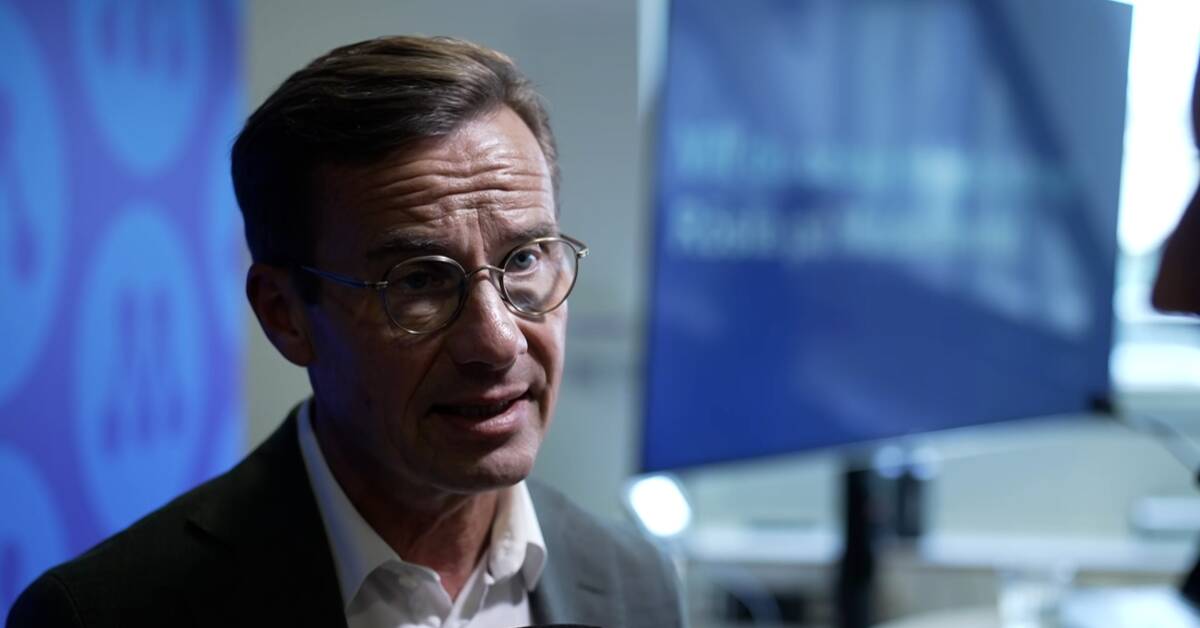With 13 days left until the election, the Moderates presented their election manifesto "This is how we will order Sweden" on Monday morning.
The focus is on the economy, crime, energy supply and defence.
The party wanted to instill the message that Sweden has major problems but that a change is entirely possible.
- We are prepared to guide the voters through this, says M leader Ulf Kristersson at a press conference where the party's economic policy spokesperson Elisabeth Svantesson and party secretary Gunnar Strömmer also participated.
"Critical and important reforms"
The party wants to lower the tax for low- and middle-income earners, introduce a subsidy ceiling and lower the price of petrol, diesel and electricity, which the party has previously presented.
- There are critical and important reforms in this change agenda, says Elisabeth Svantesson at the press conference.
In the field of law, the Moderates want to toughen penalties and give prosecutors and police officers new tools.
They also want to see terror legislation against the gangs and have previously proposed double punishment, wiretapping, anonymous witnesses, visitation zones and deportations.
In addition, they want to introduce a 52-point program with preventive measures against crime.
- It is a cornerstone in our election manifesto, says Gunnar Strömmer.
Want to show dividing lines
In the area of energy, the party wants to invest in expanded nuclear power, an expanded number of charging posts and charging stations, and introduce a plan to strengthen the green transformation of business.
The fourth area is defense.
Kristersson states that the party not only wants to bring Sweden into NATO, but also to ensure that Sweden becomes a full member.
The Moderates believe that the unemployment, the shootings and the rampant electricity prices are serious problems for Sweden and want to point out the dividing lines between the Moderates and the Social Democrats' politics.
- After eight years, many voters will ask whether we should have four more years of the same or should we have something else, says Gunnar Strömmer.

